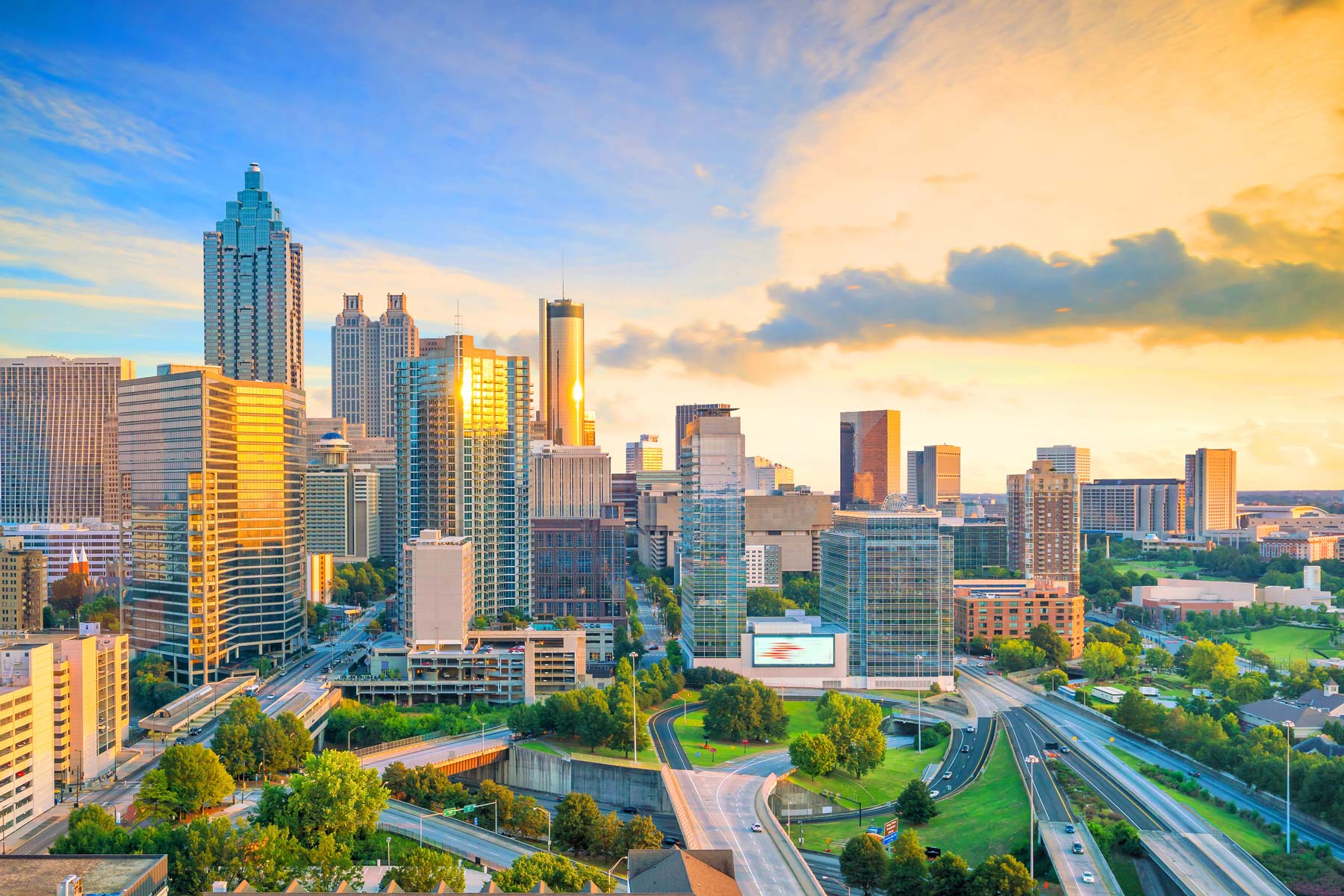Off grid living in India: Imagine a life unbound by the constraints of the grid, a life where you are the master of your own energy, water, and food. This isn’t a fantasy; it’s a growing movement fueled by a desire for self-sufficiency and a lighter environmental footprint. This exploration delves into the practicalities, challenges, and triumphs of embracing off-grid living within the vibrant tapestry of India, revealing a path towards a more sustainable and fulfilling existence.
From navigating the legal landscape of land ownership and obtaining necessary permits, to mastering sustainable energy solutions tailored to India’s diverse climates, this journey unveils the secrets to building a thriving, self-sufficient off-grid home. We’ll explore innovative water management techniques, resilient food production strategies, and environmentally conscious building practices, all while acknowledging and addressing the inherent challenges and celebrating the profound rewards of this transformative lifestyle.
Challenges and Considerations of Off-Grid Living in India
Embarking on an off-grid lifestyle in India presents a unique set of challenges, interwoven with the country’s vibrant social fabric and diverse ecosystems. Successfully navigating this path requires careful planning, resourcefulness, and a deep understanding of the potential hurdles. This section explores the key considerations for anyone dreaming of a self-sufficient life away from the grid in India.
Social and Cultural Challenges of Off-Grid Living
Off-grid living in India often clashes with deeply ingrained social norms and expectations. Many communities are tightly knit, with strong reliance on shared resources and social structures. Choosing to live independently, outside these established networks, can lead to social isolation, particularly for those unfamiliar with the local customs and languages. Furthermore, access to essential services like healthcare and education may be significantly limited in remote areas, requiring careful planning and potentially impacting the well-being of family members.
The perception of off-grid living as unconventional or even backward can also create barriers to acceptance and integration within the community. Building trust and fostering positive relationships with neighbors is crucial for successful integration.
Impact on Local Ecosystems and Biodiversity
The environmental impact of off-grid living in India is a double-edged sword. While aiming for sustainability, the methods employed can unintentionally harm local ecosystems. Unsustainable harvesting of firewood for cooking and heating can lead to deforestation and soil erosion. Improper waste management can pollute water sources and harm wildlife. The introduction of non-native plants or animals for food production or other purposes can disrupt delicate ecological balances.
Furthermore, the construction of off-grid homes can negatively affect sensitive habitats if not carefully planned and executed. A thorough understanding of the local environment and its vulnerabilities is essential.
Strategies for Minimizing Environmental Footprint, Off grid living in india
Minimizing the environmental impact of off-grid living requires a holistic approach. Adopting sustainable practices such as rainwater harvesting, greywater recycling, and composting can significantly reduce resource consumption. Utilizing renewable energy sources like solar power and biogas digesters minimizes reliance on fossil fuels. Employing permaculture principles in gardening and farming promotes biodiversity and reduces the need for chemical fertilizers and pesticides.
Careful selection of building materials using locally sourced, sustainable options minimizes transportation emissions and environmental disruption. Community engagement and education are vital in promoting responsible resource management and preventing environmental damage.
Real-Life Examples of Challenges Faced by Off-Grid Communities
Several communities across India are actively pursuing off-grid lifestyles, facing various challenges. For instance, in remote Himalayan villages, access to healthcare and education remains a significant barrier. Communities reliant on traditional farming practices struggle with unpredictable weather patterns and the impact of climate change. In arid regions, water scarcity poses a major challenge, requiring innovative water management techniques.
These examples highlight the need for robust planning, community support, and adaptation strategies to overcome the practical limitations of off-grid living. A specific example could involve a village in Rajasthan where families adapted traditional rainwater harvesting techniques to cope with prolonged droughts, combining it with solar energy for irrigation and household needs. This showcases both challenges and successful adaptation strategies.
Embarking on the path of off-grid living in India is a deeply personal and rewarding journey, a testament to human ingenuity and a commitment to a more sustainable future. While challenges undoubtedly exist, the potential for self-sufficiency, environmental stewardship, and a richer connection with nature offers an unparalleled lifestyle. By understanding the legal framework, harnessing renewable energy, implementing sustainable practices, and fostering strong community bonds, individuals and communities can successfully navigate the path towards a fulfilling and ecologically responsible off-grid existence in the heart of India.
FAQ Summary: Off Grid Living In India
What are the biggest initial costs associated with going off-grid in India?
The largest upfront costs typically involve setting up a renewable energy system (solar panels, batteries, inverters) and constructing your dwelling using sustainable materials. The exact cost varies greatly depending on location, scale, and chosen materials.
How do I legally obtain land for off-grid living in India?
Land acquisition laws vary significantly across Indian states. Thorough research is crucial, and consulting with legal professionals familiar with rural land ownership and zoning regulations in your target area is highly recommended. You may need to explore leasing options or purchase land compliant with local regulations.
What about healthcare access in remote off-grid locations?
Healthcare access is a key consideration. Proximity to healthcare facilities or establishing strong relationships with local healthcare providers is essential. First-aid training and a well-stocked first-aid kit are also crucial for remote off-grid living.
What about internet access?
Internet access can be limited in remote areas. Satellite internet solutions are often considered, though they can be costly. Alternatively, relying on mobile hotspots during occasional trips to towns might be a viable option.
Obtain direct knowledge about the efficiency of comfortable off grid living through case studies.


